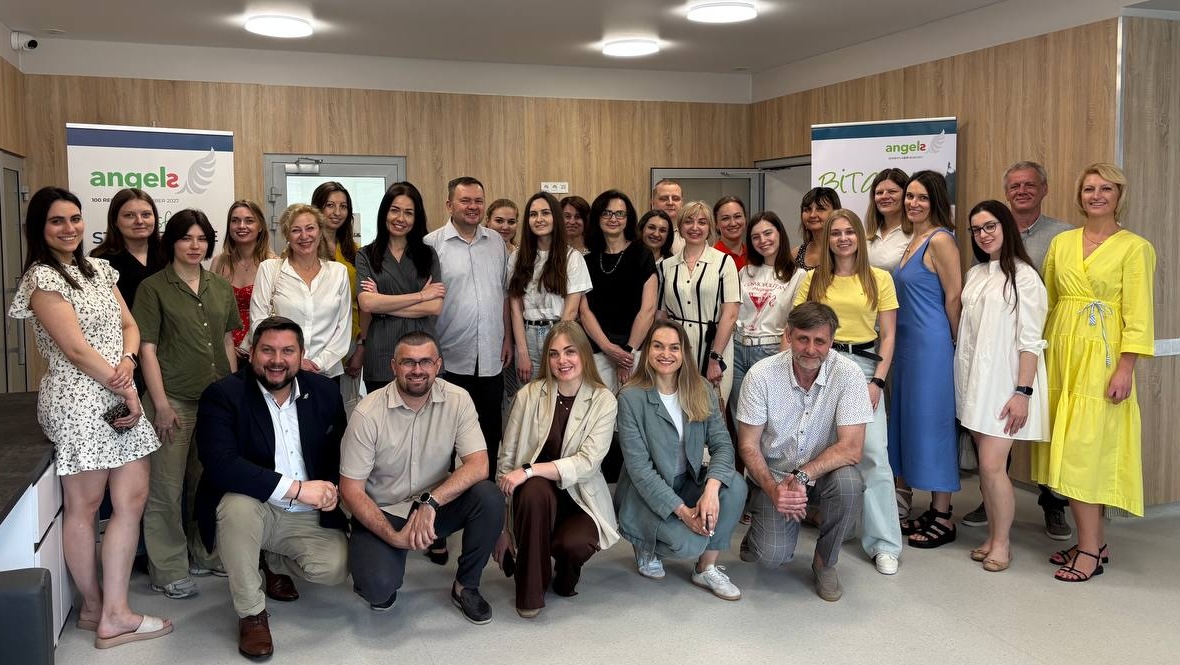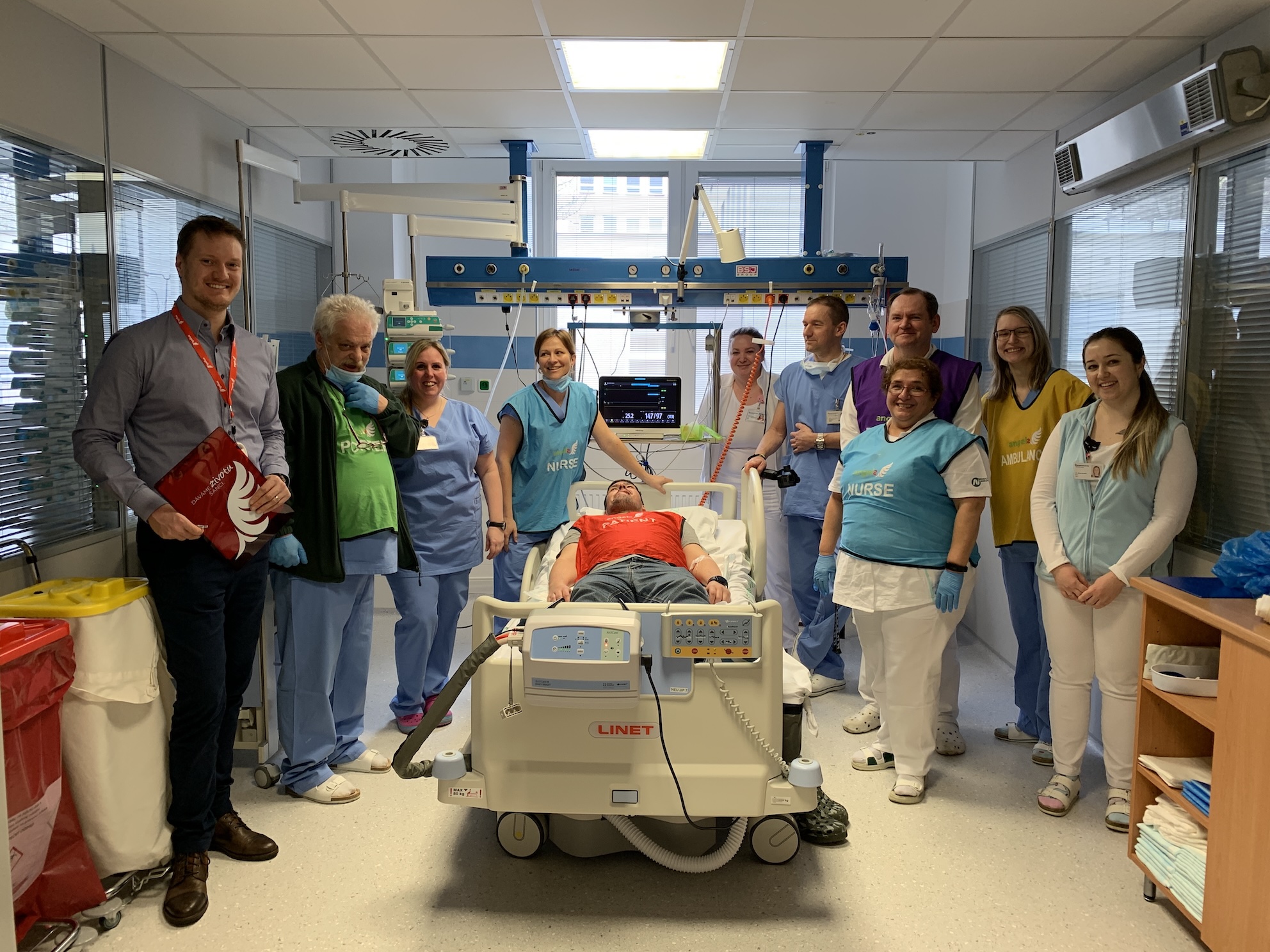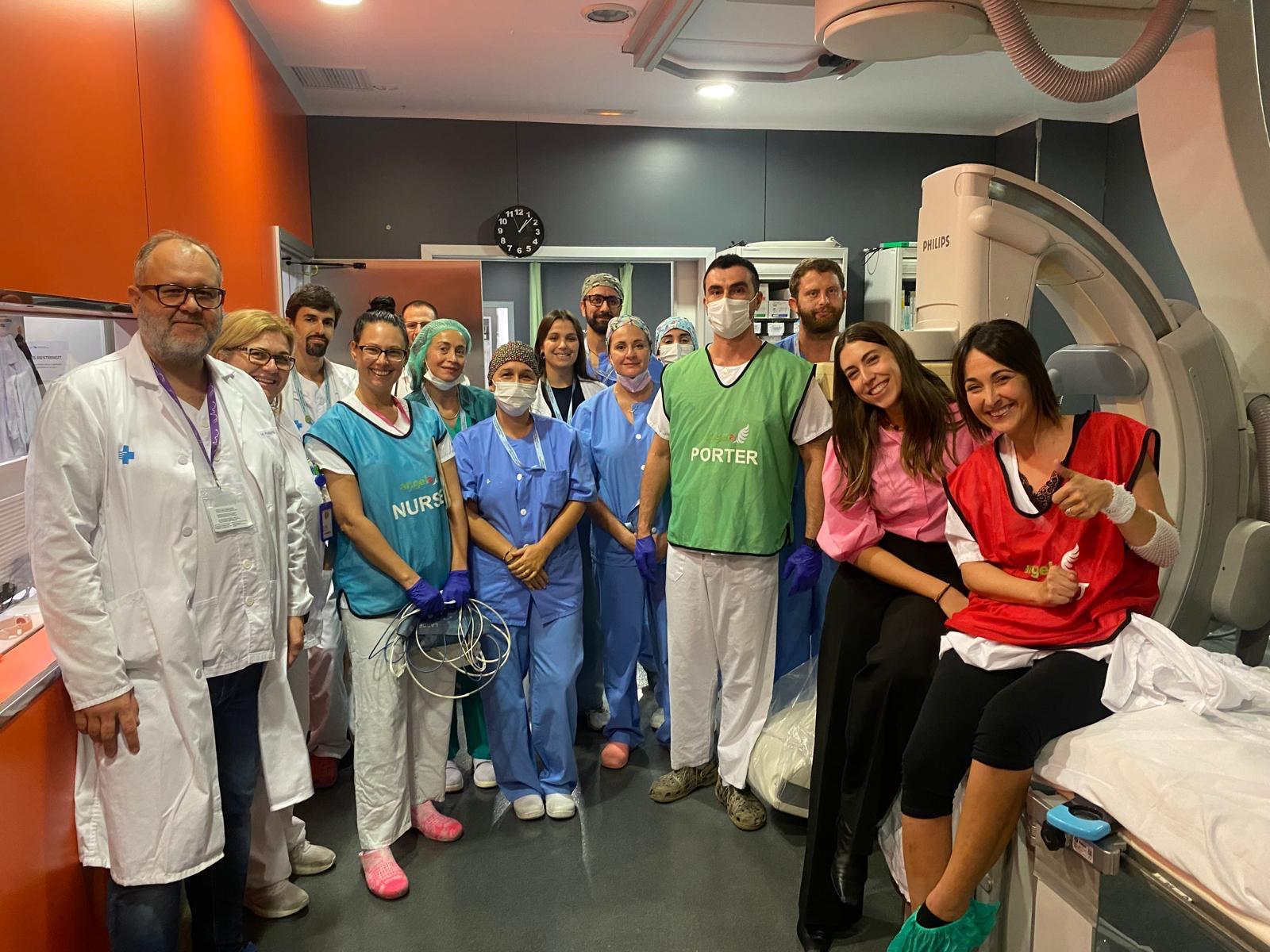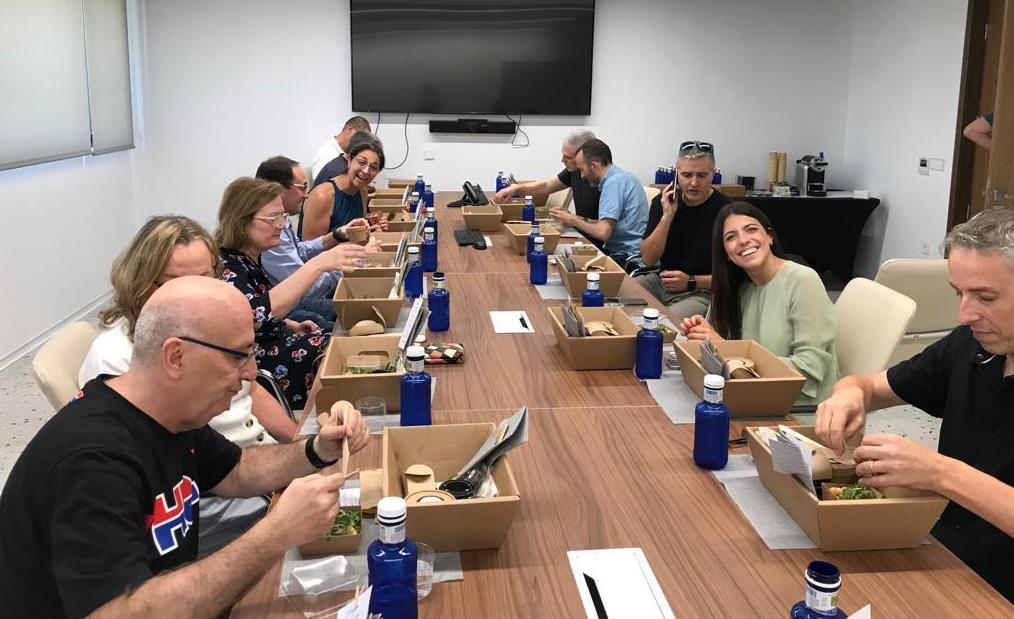
Az ALICANTE General Hospital a stroke gondozás fényes helye a valenciai közösségben. Spanyolország negyedik legnépesebb autonóm közösségének 23 stroke-központja egyike volt, egészen a közelmúltban ez volt az egyetlen, amely 30 perces beérkezéstől a kezelés megkezdéséig eltelt időt biztosított.
Ez nem volt véletlen. A kórház volt az egyetlen a régióban, amely rutinszerűen regisztrálta és elemezte a stroke kezelés adatait, és ragyogó példa arra, hogy a minőségmonitorozás hogyan befolyásolja a gyakorlatot.
De itt is a Covid nyomot hagy. A világjárvány magasságában az Alicante General Hospital stroke osztály ITO-vá alakították. Mint számos más stroke-egység, amelyek nyomás alatt eltűntek egy másik prioritáscsoportból, még mindig nem épült fel erre a célra kijelölt kórteremként, ahol a stroke-ban szenvedő betegek a legmegfelelőbb ellátást kapják egy multidiszciplináris szakértői csapattól.
Ez csak egyike volt azoknak a problémáknak, amelyek a valenciai közösségből érkező neurológusok gondolatait foglalták el, akik június 16-án részt vettek egy látványos találkozón. A régión belüli standard stroke gondozás sürgős szükségességét felismerve, Belén Velasquez Angels tanácsadó összeállított egy irányító bizottságot, amely hat valenciai kórház vezető neurológusaiból áll – kettő-kettő a Castellón, Valencia és Alicante tartományokból. Két telesztrók kórház képviselői is jelen voltak, az egyes tartományok Mentőszolgálat koordinátorai, a régió Mentőszolgálat igazgatója, Begoña Argos és Cristina Ruiz Cavanilles a Valencian egészségügyi minisztériumától.
A barcelonai találkozón részt vett Dr. Natalia Pérez de la Ossa és Xavier Jimenez, Catalonia stroke-igazgatója és az Mentőszolgálat orvosigazgatója, akik megosztották a tervezéssel és a szervezéssel kapcsolatos meglátásaikat szomszédaikkal. A kommunikáció kiemelten fontos volt a minőségellenőrzés fontosságával, valamint a kezelés késedelmek kiküszöbölésére irányuló prioritási intézkedésekkel.
Egy öt kórházban két évvel korábban bevezetett minőség-ellenőrzési program gyenge képet festett, amely az irányelveken túl jóval mutatja az átlagos háztól házig kezelés időket. A számok a kórházakon belüli multidiszciplináris csapatmunkára, valamint a kórházak közötti, valamint a kórházak és az Mentőszolgálat közötti koordináció hiányára utaltak, az esetek mindössze 45%-ában aktivált stroke-kóddal.
Földrajzi szempontból a Valencian közösség közel 5 millió polgárát három (hamarosan négy) átfogó központ és 20 beszélt kórház szolgálja ki. A legjobb ellátás biztosítása érdekében azonban közös elkötelezettséget kell tanúsítani a szabványosítás, az adatalapú fejlesztés és az útvonaloptimalizálás iránt a stroke-ban szenvedő betegek számára a régióban. Erről fog szólni ez a találkozó.
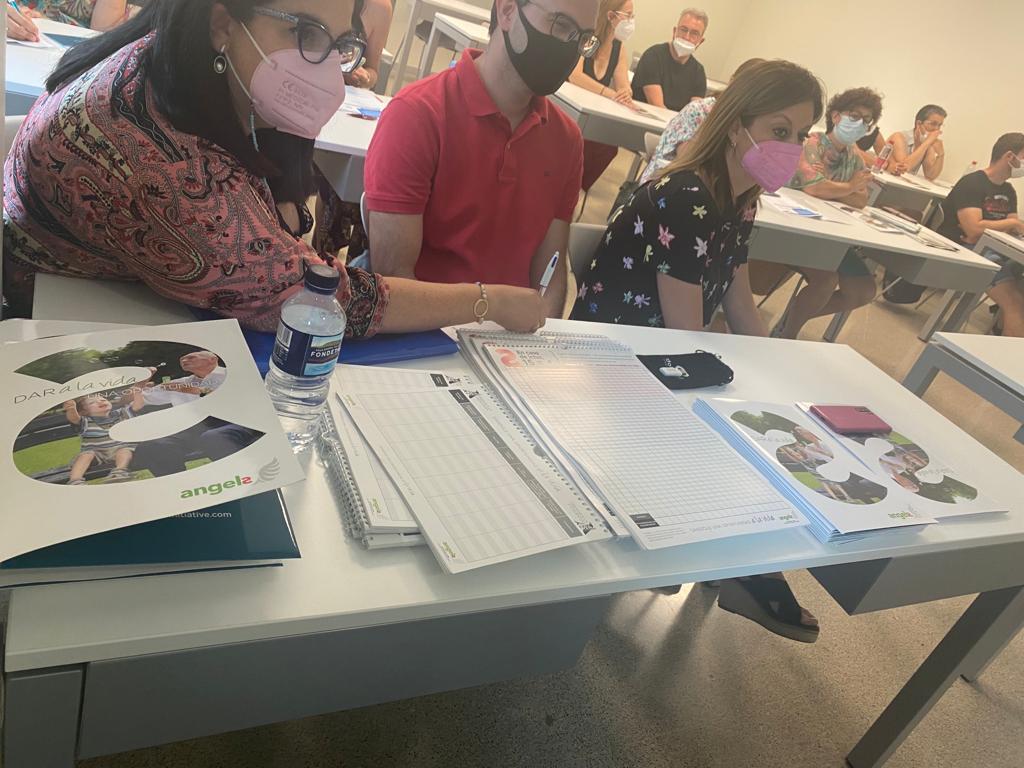
Június 27-én, ESTE NAPOKKAL később Belén házi feladatot ad ki 20 ápolónak Castellónból, Valenciából és Alicante-ból. A valenciani közösség hat kórházának ápolói és stroke jelen voltak az ápolók irányító bizottságának első ülésén, amely az elkövetkező hónapokban a szabványos stroke ápolás protokoll és képzés szükségességét célozza meg a régióban.
Most már kiosztottak nekik egy nyári feladatot. Az ápolók minden csoportjának át kell tekintenie saját erősségeit, és azonosítania kell a strokeápolás azon területeit, ahol sajátos szakértelmük van. Valencia államban az akut ellátást követő protokoll szövegezésekor az egyes kórházak ápolói hozzájárulnak ahhoz, hogy ismereteket szerezzenek arról a területről, ahol szakértők.
A valenciai közösség ápolói egyedi akadályokkal szembesülnek. A régió rendelkezik a legalacsonyabb ápoló-beteg aránysal az országban, ami kihívásokat jelent a stroke osztály, mint máshol. Bár az ülésen egyetértenek az egészségügyi hatóságokkal való kommunikáció fontosságával, manapság a rendelkezésre álló erőforrások optimalizálására összpontosítanak. Amellett, hogy szakértelmüket egy stroke-protokoll megírásához egyesítik, együttműködnek a képzésen, és közösen nekiállnak a Helsinki kihívásnak, hogy megmérjék előrehaladásukat. Ez csak órák kérdése, de már most is egy olyan közösségről van szó, amely együtt erősebb és az erősségeivel játszik.
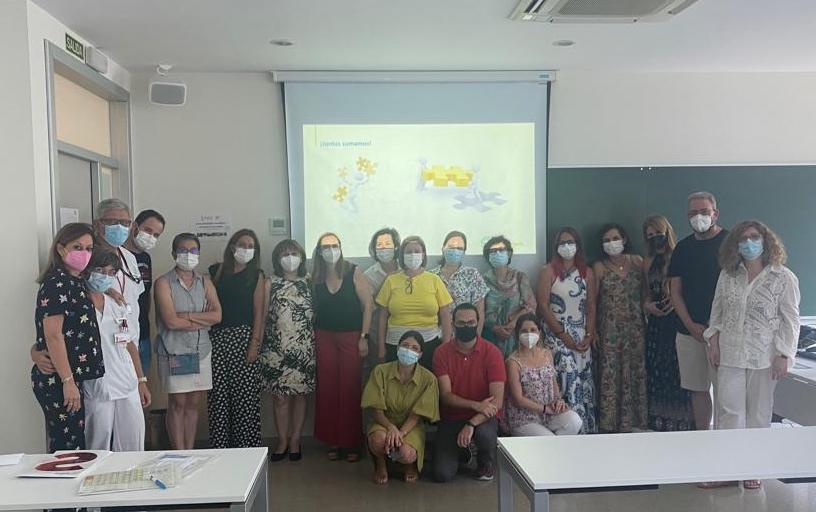
A KÉPZÉS a kórházak és Mentőszolgálat június 16-i ülésén megállapított célok közé tartozik. Tartományonként folytatódik, multidiszciplináris találkozókkal kezdve, és mind a hat kórház az Mentőszolgálat-t érintő útvonalszimulációkat fog végezni.
A rendszer egy regisztert választott ki. A jövőben a régió egészéből származó kezelés adatokat rögzítik a RES-Q-ban, és az elemzésből levont következtetéseket felhasználják a fejlesztési lehetőségek célbavételére.
A 2022. szeptemberi nyári kiruccanással a Valencian Közösség hivatalosan is egy új fejezetbe kezd a stroke gondozás terén. De legalább egy kórház nem áll készen a várakozásra.
Egy nappal az ápolók irányító bizottságának ülése után a stroke osztályegység képzése a La Fe de Valencia kórházban kezdődik. Tekintettel arra, hogy a találkozón Angels és a stroke-szakértők is részt vettek a városukban, a kórház ápolói részt vesznek egy képzésen, amely magában foglalja a stroke-protokoll áttekintését, a Proyecto Flecha (a Málaga-kormányzatba tartozó beavatkozás a posztakut ellátás variabilitásának megszüntetésére) bevezetését, valamint a beteg családjával való kommunikációt a elbocsájtás.
Az előző napi ülésen galvanizálták, és úgy döntöttek, hogy most épp olyan jó idő volt, mint valaha, hogy emeljék az osztályukon belüli ellátási színvonalat. Végül is, ha stroke van szó, szó szerint semmi sem fontosabb az időnél.

